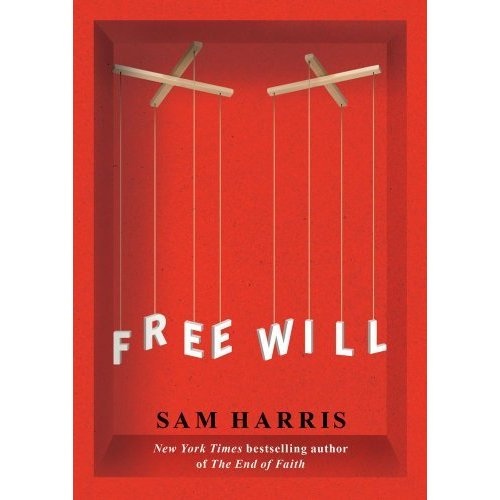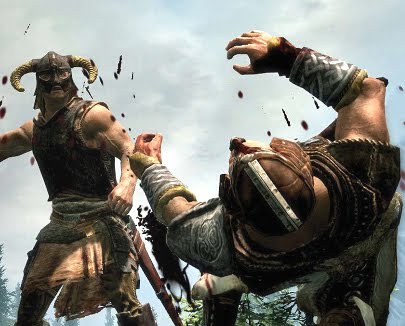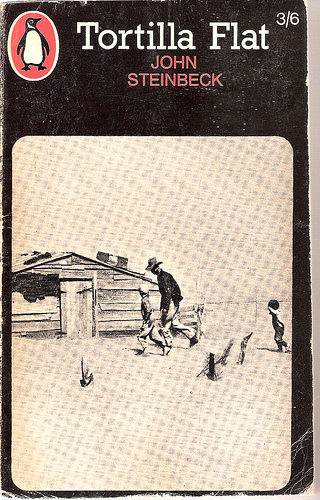Concepts, theories, ideas, and studies that rattle us to the core are something of an enjoyment for me. And it’s not a love of conspiracy theories or the metaphysical, it’s a love for the skeptical and challenged sciences/tradition. The Earth orbits the sun, the Milky Way is one of billions of other galaxies, Earth life has evolved over billions of years, our Universe is expanding, we are made up of molecules and DNA, and so much more has shattered long-held beliefs and led to incredible observations. Sam Harris’ Free Will posits itself in the same vein.
I never thought to challenge Free Will, indoctrinated with the Catholic mentality that we are solely responsible for the choices we make (this life is a test for heaven) and in the end it matters not your class, upbringing, genetics, or racial identity. Sam Harris’ assertions are otherwise and offer a powerful phrase/thought: “The illusion of free will is an illusion.” In Harris’ latest work he largely pulls together blog postings and new writings into 66 pages. He challenges the religious and philosophic concepts of free will, wherein a dictionary definition fits: the power of acting without the constraint of necessity or fate; the ability to act at one’s own discretion.
“Criminals… cannot know why they are as they are. Nor can we account for why we are not like them.” (p. 4)
At first I disagreed with this reasoning. We do make attempts in accounting for criminal behaviour. And we make attempts in understanding our own decisions, trying to piece together our parents’ actions on us, our economic status, personal goals, etc. But on further thought Harris’ point makes perfect sense. Harris is taking into account the total of a human: chemical, social, hereditary, environmental, neurological, experience, etc. The sum of which we may never be able to tally. The immensity of these factors beginning before birth negates free will. There is no freedom in our situation or choices. We are the products of our environment and genetics, as are our actions. Choices before us and the events surrounding them are often conscripted without our knowledge or access. While Harris’ argument is nothing new, each generation needs to wage their reason against the handed down philosophies and scientific theories.
His overall message leaves much to chew on and is clearly outlined in 66 pages. However, his stabs at the US Legal System leave much to be desired. Harris doesn’t explain with exactness just what needs to be remedied (other than capital punishment). Harris offers up one singular quote from Supreme Court case U.S. v Grayson, finding that free will is paramount to our sense of justice. (p.48) Yet, Sam Harris does not delve into the Federal & State Court’s reliance on criminal history, historical mental/physical abuse, and other evidence pertaining to the convicted. I believe judges and juries for the most part accept the environmental and genetic conditions that play into criminal acts. Sam Harris bears the burden in expounding on better legal systems and ways to rehabilitate.
The scary thought for many is that since free will doesn’t exist, then we are left with less. In essence we become mindless molecules, made up of tissue, responding to stimuli, and interacting without control. Luckily we are more complex than space-rocks obeying whatever gravitational pull is strongest– and Harris ends on a positive note. We register pain, happiness, love, success, enjoyment, anger, and consciousness. Our empathy often guides our actions and we recognize the cause and effect of our actions. Effect, cause, effect, and cause are continual and our proper exercise allows us to progress decent human behaviour and the objective benefits of love, success, happiness, etc. Illusory free will or not, irrefutably, what we do matters to the world around us. More importantly perhaps is our unraveling of the factors that play-out in life, making reality more intelligible, and leading us to greater decent human actions.






